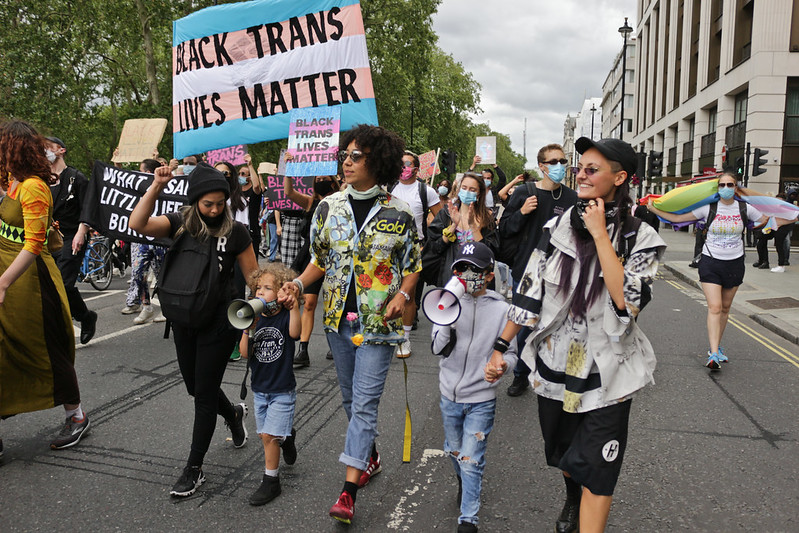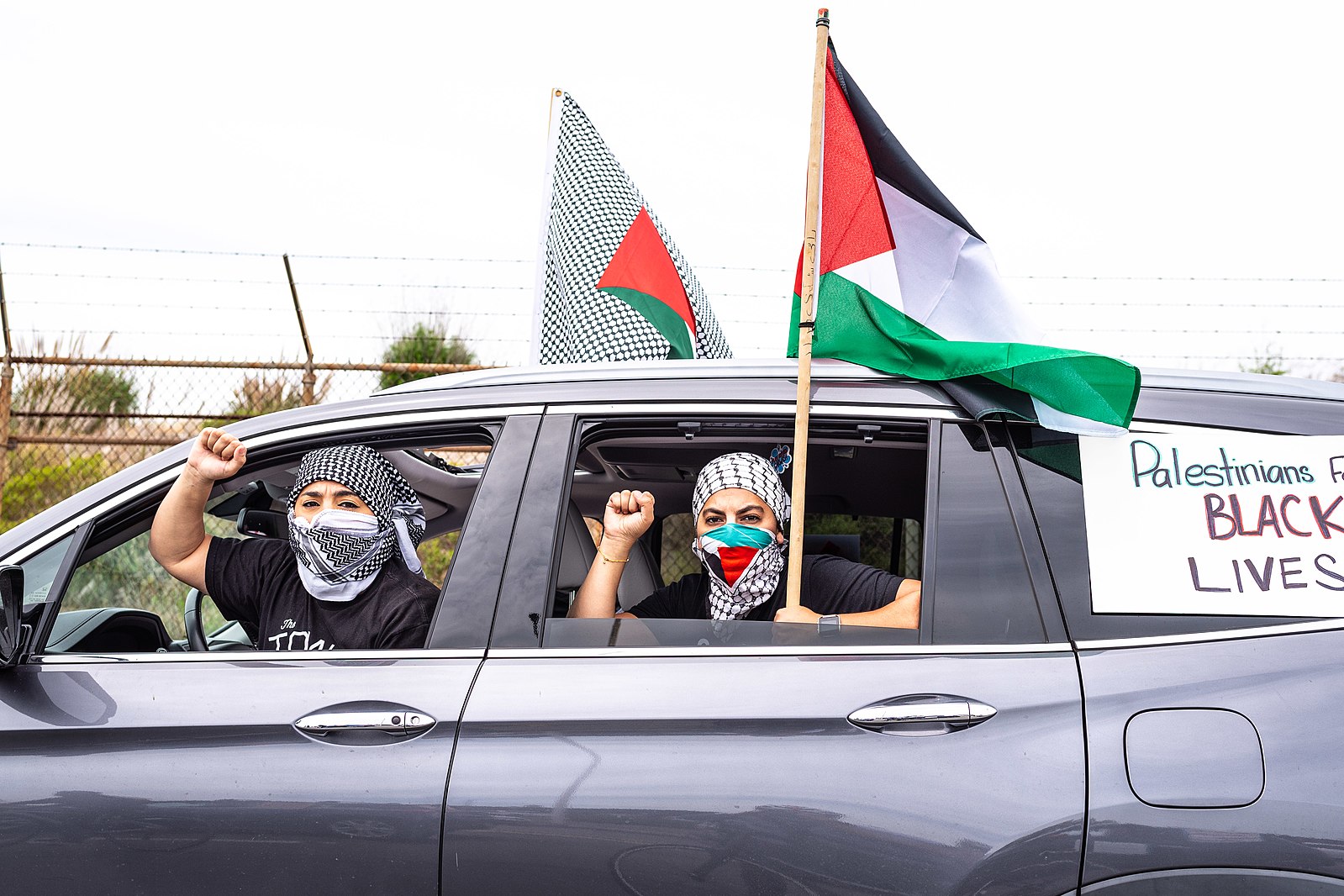
How to channel the anger of 2020 into sustainable activism in 2021
Burnout is not on the 2021 agenda.
Eshe Kiama Zuri
29 Dec 2020
Photography via Steve Eason Flickr/Creative Commons
2020 saw the revolution televised, live streamed and made into infographics for social media. With all of this, and a global pandemic to boot, it’s okay to be feeling absolutely exhausted right now.
The Akan concept of Sankofa, “to go back and get it” and keep learning from the past, has been the 2020 theme. This year we’ve witnessed an explosion of energy – reigniting mass protest movements that have brought the past and the present together. This is the accumulation of years of planning, protesting, organising and educating coupled with the power of fresh, fiery and hopeful fighting. We took the anger, pain and suffering of our ancestors and called on their spirits, fought in their names and demanded justice.
We have seen many movements hit their loudest and most public peak. The #BlackLivesMatter (BLM) movement first came to the UK via my home city of Nottingham in 2015. This year the movement became bigger and decentralised from the existing BLM groups, with huge protests taking place across the country. #EndSARS, the Nigerian youth movement started in 2017, also gained global attention as activists live streamed the awful realities they have been fighting against.
In scenes reminiscent of the mass protests of 2010, students have risen up against unsafe learning and living conditions and the commodification of education. Black trans people have been fighting for their rights and lives against a continuously transphobic society. Sex workers have been a part of a worldwide push for the decriminalisation of sex work, while 250 workers went on strike in India in solidarity with farmers.
With white allies choosing to centre themselves, black squares, and shortcuts to ‘wokeness’, people of colour, particularly Black individuals, are working overtime with this ever-present and unhelpful whiteness that demands we take on the role of mammy. And in the hectic new era of social media during Covid-19 we must be always online, available and take no breaks. We’ve fought against being seen as resources and services and the forced constant visibility that contributes to our burnout.
If all our acts of resistance to whiteness, capitalism and the cisheteropatriarchy prove anything, it is that our anger is powerful. And carrying this into next year without burning out means moving from the reactive into the sustainable. This looks like building, as well as fighting and finding the balance that holds ourselves accountable to our own need to rest too. Here’s a few pointers to hold in mind for the year ahead.
What does sustainable activism look like in 2021 and where should you start?
In the midst of a global pandemic, there is no shame in getting involved through social media. The revolution has become more accessible because of it. A great place to start is to follow Black Marginalised Genders (MaGes), prioritising those who do not have large followings and those who are marginalised in multiple ways.
Look around to what is already there.
If we look for what already exists, whether that is structures, groups or protests we can see if there are ways to support and skillshare, so we don’t always have to start at the beginning for everything. Learning from the experiences of other groups and individuals can give valuable insight and education. Not everything is online, so it’s always good to reach out to local activists and ask for their referrals.
Full spectrum community care
We need to learn to be each other’s most valuable allies. Communities are the biggest form of collective action and support systems and through learning the needs of our communities – instead of speaking for them – we put into practice the inclusive politics we preach. Look to your local areas for social centres, community halls or do a local shoutout in UK Mutual Aid.
Not everything is good for us
However, not every space is good for us. Some tokenise us, try to speak for us or are exclusionary. When spaces and people are toxic or oppressive, especially towards Black MaGes, we need to leave. Check what structures groups have for conflict resolution and accountability processes. If these processes don’t take into account social and interpersonal privilege, and oppression dynamics, this is not a safe place for you.
Share the burden not the burnout
You can’t do everything yourself and that’s okay! Create ways of distributing the workload that works for everyone. This makes getting involved more accessible to people with access needs and also can be used to acknowledge social oppression dynamics by distributing tasks based on factors of privilege.
Reject guilt and embrace rest
Guilt and shame are often weaponised, with marginalised people being made to feel like we should work until we break. Remember, you are a person, not a sacrifice and you don’t have to take on everything yourself. Resting is revolutionary.
Prepare for the long term, not the short term
So much we do is in reaction to things happening quickly and with short notice. If we work on sustainable structures that have aims, intentions and organisation, then when the time comes for quick responses, it will not feel so stressful. Oppression and injustice isn’t going away anytime soon and dismantling the society we live in is going to take time. Look to include education, structure building and long-term and short-term strategy planning in all you do.
Together we are changing the world.

Britain’s policing was built on racism. Abolition is unavoidable

How Pakistan’s Khwaja Sira and transgender communities are fearing and fighting for their futures

Their anti-rape performance went viral globally. Now what?





